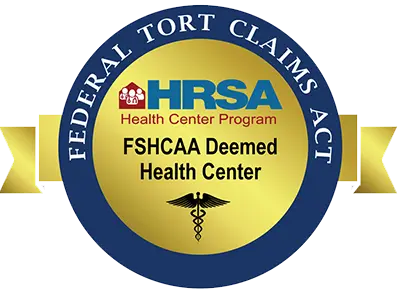News & Blogs
Stay up to date on the latest news from Fetter Health Care Network by signing up for our newsletter and viewing updates from our team below.
News & Blogs
Stay up to date on the latest news from Fetter Health Care Network by signing up for our newsletter and viewing updates from our team below.
Want to stay informed about what’s going on with
Fetter Health Care Network?
Sign up for our quarterly e-newsletter, which features updates on our centers, services and providers.
By submitting this form, you are consenting to receive marketing emails from: . You can revoke your consent to receive emails at any time by using the SafeUnsubscribe® link, found at the bottom of every email. Emails are serviced by Constant Contact

Want to stay informed about what’s going on with
Fetter Health Care Network?
Sign up for our quarterly e-newsletter, which features updates on our centers, services and providers.
By submitting this form, you are consenting to receive marketing emails from: . You can revoke your consent to receive emails at any time by using the SafeUnsubscribe® link, found at the bottom of every email. Emails are serviced by Constant Contact
Latest News

February 23, 2022
10 Tips to Increase Heart Health
Did you know that February is American Heart Health Month? First established by President Lyndon B. Johnson in Dec. 1963, the medical community uses this opportunity to raise awareness of cardiovascular issues and to put a spotlight on the importance of good heart health.
At Fetter Health Care Network, we hold our community members’ health as our highest priority. In celebration of American Heart Health Month, we’ve put together a list of things you can do to keep your heart healthy and happy all year long.
1. Adopt a healthy diet.
Although tasty, most processed foods contain harmful trans fats that can lead to clogged arteries and an increased risk of heart disease. Adopting a healthier diet can do wonders for your heart and overall health.
Rather than a hamburger from your local drive-thru, opt for meals consisting of high fiber foods (whole grains, fruits and vegetables) and those containing healthy fats like the omega-3s and omega-6s (fish, avocados and olive oil).
Try flavoring dishes with herbs or spices to cut back on salt and reduce the risk of high blood pressure.
2. Sit less. Move more.
Developing a regular exercise routine is another way to reduce the risk of heart attacks, heart disease, high blood pressure, cholesterol and more.
The CDC recommends the average adult get at least 150 minutes of regular activity per week, consisting of moderate to intense aerobic activity. This can include biking, dancing or a brisk walk.
3. Maintain a healthy weight.
Maintaining a healthy weight is critical for more than heart health. Individuals considered overweight or obese may also find themselves at risk for high blood pressure and Type 2 diabetes.
For those overweight, losing between just five to 10 percent of your overall body weight can reduce your risk of these complications. Altering your diet and exercise are easy steps you can take to reach a healthy weight goal. Consult your health care provider to learn more about the health benefits of weight loss and develop a plan for starting your journey to a healthy weight.
4. Practice good oral hygiene.
Oral health is overall health. Studies show that the development of bacteria that causes gum disease can lead to complications within your veins. Further research links the development of several non-oral health conditions, including heart disease and clogged arteries, to those stemming from poor dental care.
Practicing regular brushing and flossing along with routine visits to your dental specialist are essential tools in maintaining good oral health.
5. Quit smoking, and avoid second-hand smoke.
The risks of smoking extend beyond the development of lung cancer. This harmful habit also increases plaque formation throughout the blood vessels, leading to the development of Coronary Heart Disease.
If you or someone you know is interested in dropping this deadly habit, please call 1-800-QUIT-NOW (1-800-784-8669).
6. Manage your stress levels.
Stress is a normal part of everyday life. However, uncontrolled, long-term stress can result in high blood pressure, cholesterol and more, leading to heart complications.
Some stresses can be reduced by taking preventive measures like planning ahead. Other triggers can be avoided entirely from time to time. And while some stresses cannot, there are ways to manage your stress levels, such as breathing exercises, meditation and more.
7. Keep up on prescribed medications.
Taking your prescribed medications on time and at their designated doses is key to reducing your risk of heart issues and maintaining heart health.
Individuals at high risk of heart attack or stroke may be prescribed a statin or even a daily aspirin pill. Speak with your health care provider to see if these medications may be right for you.
8. Monitor your blood pressure.
While you should continue to make regularly scheduled visits with your healthcare provider, at-home blood pressure devices are an excellent way to watch for signs of complications between visits.
At-home devices are simple to operate and safe to use. Fetter currently offers patients the ability to request at-home devices with access to our team to assist with the device’s set-up.
9. Uncover your family history.
Simply put, a family history refers to the running list of health issues carried by your relatives throughout history. Because you share the same genes as your family members, you are also at an elevated risk of developing any complications they have been diagnosed with.
Creating an in-depth family history will give you a better understanding of your family’s medical past. It will also be a great asset for your doctor, who can assess these elevated risks and create a plan for their prevention.
10. Work with your health care providers.
Together, you and your provider are the perfect pair for maintaining heart health. By working alongside your medical team, you can collaborate to create a personalized lifestyle that promotes health and counteract any negative habits.
To learn more about heart health and other Fetter patient services or schedule your next wellness visit, visit us online at FetterHealthCare.org or call us at 843-722-4112.

February 15, 2022
While you will be hard-pressed to find a child who looks forward to doctor’s office visits, the same can be said for most adults. Despite their low ranking on one’s list of favorite activities, the importance of routine checkups and preventative screenings cannot be overstated.
Health care screenings are essential to all regardless of age. Knowing when and why to speak with your health care provider is fundamental for living a happy and healthy life.
Annual Physical Screenings
Scheduling regular visits with your health care team is the best way to stay on top of your overall health and wellness. These annual physical screenings function as a general maintenance check on the machine that is your body.
During these visits, your health care provider will typically conduct a range of tests to ensure everything is functioning normally. Visits can include collecting valuable information about your family and personal health history, a complete physical exam, vision and hearing screenings, immunizations and blood work. These visits can also be helpful with lifestyle and overall wellness, including appropriate weight, sleeping habits, diet and exercise.
Yearly checkups allow your health care provider to detect any health issues early, as well as implement any preventative measures or treatments to help you maintain good health.
Wellness visits are recommended at least once every three to five years for men and women under 50 and in good health. Those over 50 should make these visits annually.
The American Dental Association (ADA) recommends dental exams at least every six months.
More specific screenings should be performed along with your annual checkups. The screenings, their frequencies, and the ages they should begin to be given vary between men and women.
Men’s Health Screenings
Cholesterol
Beginning at age 18, men with an elevated risk for heart disease, such as family history, should begin screenings for high cholesterol at least once every five years. Men above 45 should be evaluated more frequently per their physician’s recommendation.
Prostate Exam
Beginning at age 50, your physician will begin regular screenings for prostate cancer. This is conducted through a physical (digital) prostate exam. Examinations may begin earlier depending on one’s family history.
Colorectal Screening
Beginning at age 45, men should receive scheduled colorectal screenings. These can be performed in several ways, including history taking, stool specimens, Cologuard and colonoscopy. These screenings are recommended until the age of 75. Beginning at age 76, your health care provider should determine if additional screenings are necessary.
Additional screenings may include those for diabetes, abdominal aortic aneurysm, lung cancer, depression, and hearing and vision, as well as STD screenings, bone density scans and more.
Women’s Health Screenings
Cervical Cancer
Women between ages 21 to 64 who have a cervix should begin to receive regular screenings for cervical cancer in the form of a Pap smear once every three years. Screening can begin earlier if sexually active. At age 65, your health care provider may determine the frequency or need for this exam.
Colorectal Screening
Beginning at age 45, colorectal screenings are recommended for women up until age 75. Screening methods may include history taking, stool specimens, Cologuard and colonoscopy. Your health care provider should determine if additional screenings are necessary beyond age 76.
Breast Cancer
Beginning at age 50, women should begin screening for breast cancer with regularly scheduled mammography exams. Those with a family history of breast cancer should consult with their physician about beginning screenings earlier.
Bone Density
Women 65 and up should begin receiving bone density tests at least once. This quick and painless procedure is done by scanning the lower back and hips and is used to screen for osteoporosis.
Additional screenings may include those for cholesterol, diabetes, lung cancer and hearing and vision, as well as STD screenings and more.
Family History & Appointments
While there are certain ages when most should schedule their doctor’s visits, these are only guidelines to help one stay on track.
Family history also plays an important factor in determining how often you should have these tests performed. For example, someone whose mother and grandmother have had breast cancer likely has a greater chance of developing the disease themselves and should be tested more often.
The better understanding you and your doctor have of your family medical history, the better you will be able to prepare and, ideally, prevent the development of complications.
Feel Better With Fetter
Fetter Health Care Network is committed to the continuous upkeep and improvement of our community member’s health.
To schedule your appointment with your local Fetter Health Care Network team, visit FetterHealthCare.org/request-an-appointment. For more information on Fetter’s health care services and locations, visit FetterHealthCare.org.

February 9, 2022
Recess, cartoons and sugary cereal – oftentimes, adults tend to view childhood memories through a rose-colored lens. From switching schools to upcoming tests, it’s important to recognize that experiencing some degree of stress and anxiety is a normal part of childhood.
But as a parent, how can you tell if these fears are regular symptoms of childhood or if there is a bigger problem at play?
What are anxiety disorders?
When feelings of fear or anxiety become persistent, so much so that they interfere with school or home life, it could signify that your child has developed an anxiety disorder.
Anxiety disorders are common mental health disorders that cause feelings of fear, worry and anxiety in a person when they are exposed to particular situations. Beyond the mind, these disorders can also affect the body, as well as sleeping and eating habits.
Common symptoms exhibited by children with anxiety disorders can include:
- Behavioral changes, such as moodiness, aggression, temper tantrums, clinginess or frequent crying spells
- Complaints of stomach aches or headaches
- Constantly worrying or having negative thoughts
- Changes in appetite
- Difficulty concentrating
- And more
Common Anxiety Disorders Among Children
Not all children express their anxiety the same way. Depending on how your child may be showing theirs, it could give some insight into their particular anxiety order.
According to the Anxiety and Depression Association of America (ADAA) and the Center for Disease Control (CDC), several anxiety disorders are particularly common among children.
Generalized Anxiety Disorder. Children affected by Generalized Anxiety Disorder (GAD) will show excessive worry about various subjects: grades, relationships, and more.
The ADAA notes that those living with GAD may be especially hard on themselves, strive for perfection or seek constant approval.
Specific Phobias. If your child shows an intense and potentially irrational fear toward a particular subject or situation, they may be experiencing a phobia. Common phobias amongst children include the fear of dogs or cats, the fear of flying and more.
Separation Anxiety Disorder. Feelings of anxiousness when separated from one’s parents are common for young children, especially for those between 18 months and three years old. However, if your child is beyond this age range and displays signs of extreme discomfort or distress when separated from loved ones, it may reflect the development of separation anxiety.
It is common for children with this anxiety disorder to experience the fear that their separation from a loved one may somehow cause a harmful outcome.
Panic Disorder. Those who have panic disorders may find themselves frequently experiencing sudden episodes of intense panic or fear. Along with this sense of dread are symptoms such as sweating, shaking, difficulty breathing, increased heart rate and more.
It is common for children experiencing panic attacks to stress over the thought that they are “losing control” following these episodes.
Social Anxiety Disorder. Children experiencing a social anxiety disorder will often feel overwhelmed or fearful of social and performative settings. These situations can include starting up a conversation or being called on by a teacher.
Social anxiety disorders can make everyday interactions difficult for children, negatively impacting their performance in school or participation in social activities like sports.
How do you treat an anxiety disorder?
If you suspect that your child may be suffering from any kind of anxiety disorder, having a conversation with them is a great first step toward identifying the problem.
It is not uncommon for children with anxiety disorders to hide their thoughts regarding these issues, leading to missed diagnoses. By talking to your child about these anxious feelings, you may help put their minds at ease and help them open up about the extent of the issue.
You should also contact your local health care provider or behavioral health specialist to schedule an appointment for your child so that they can suggest a proper course of action. The American Academy of Child and Adolescent Psychiatry (AACAP) recommends that health care providers conduct routine screenings on children for behavioral and mental health concerns.
Behavioral Health Services at Fetter Health Care Network
Our Fetter team is committed to treating the whole person and promoting wellness in all forms — and that includes behavioral health. We integrate behavioral health services into the primary medical care setting in order to improve overall health outcomes. The initial patient visit must be with a Fetter provider before behavioral health services are rendered.
In partnership with Charleston County School District, Fetter also provides school-based health services to students and staff at several schools throughout the Lowcountry.
Contact us today today to schedule an appointment with your nearest Fetter health care provider.
Fetter Health Care provides a “Good Faith Estimate” for health care upon request to the uninsured and those choosing to not use insurance. To learn more, visit our Billing & Insurance page.
Fetter Health Care Network is a Health Center Program grantee under 42 U.S.C. 254b, and a deemed Public Health Service employee under 42 U.S.C. 233(g)-(n). This health center receives HHS funding and has federal Public Health Service (PHS) deemed status with respect to certain health-related claims, including medical malpractice claims, for itself and its covered individuals.
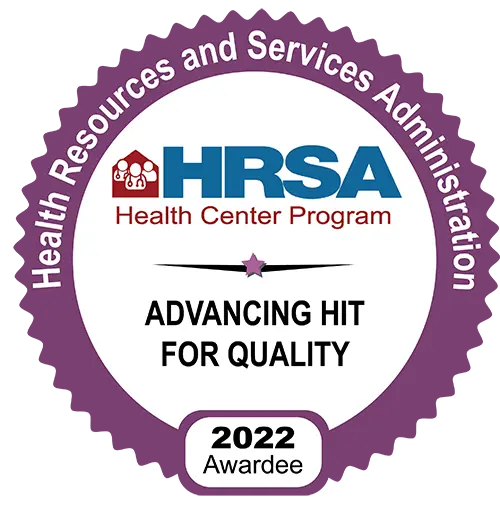
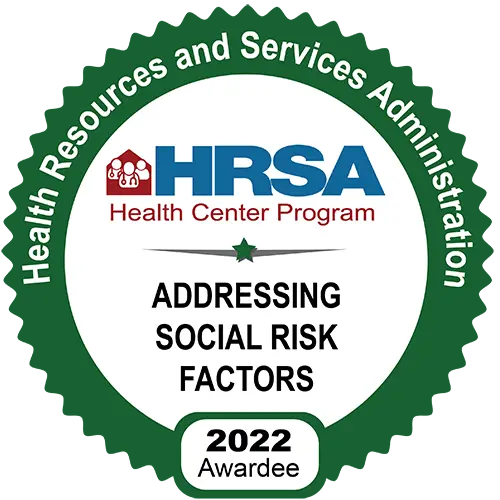


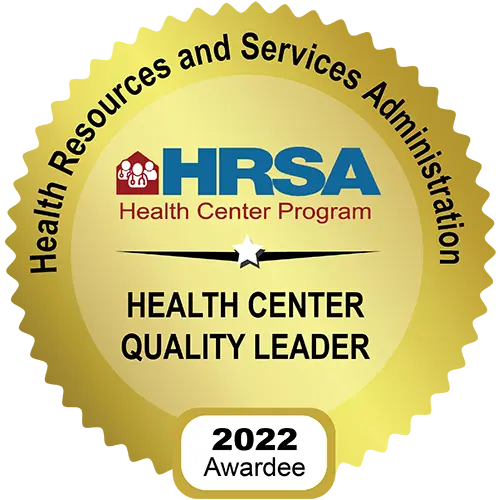


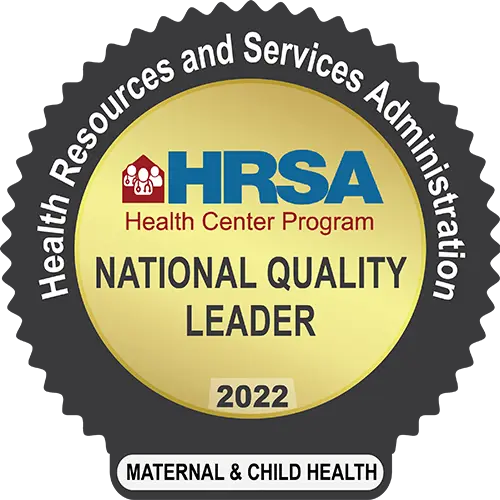












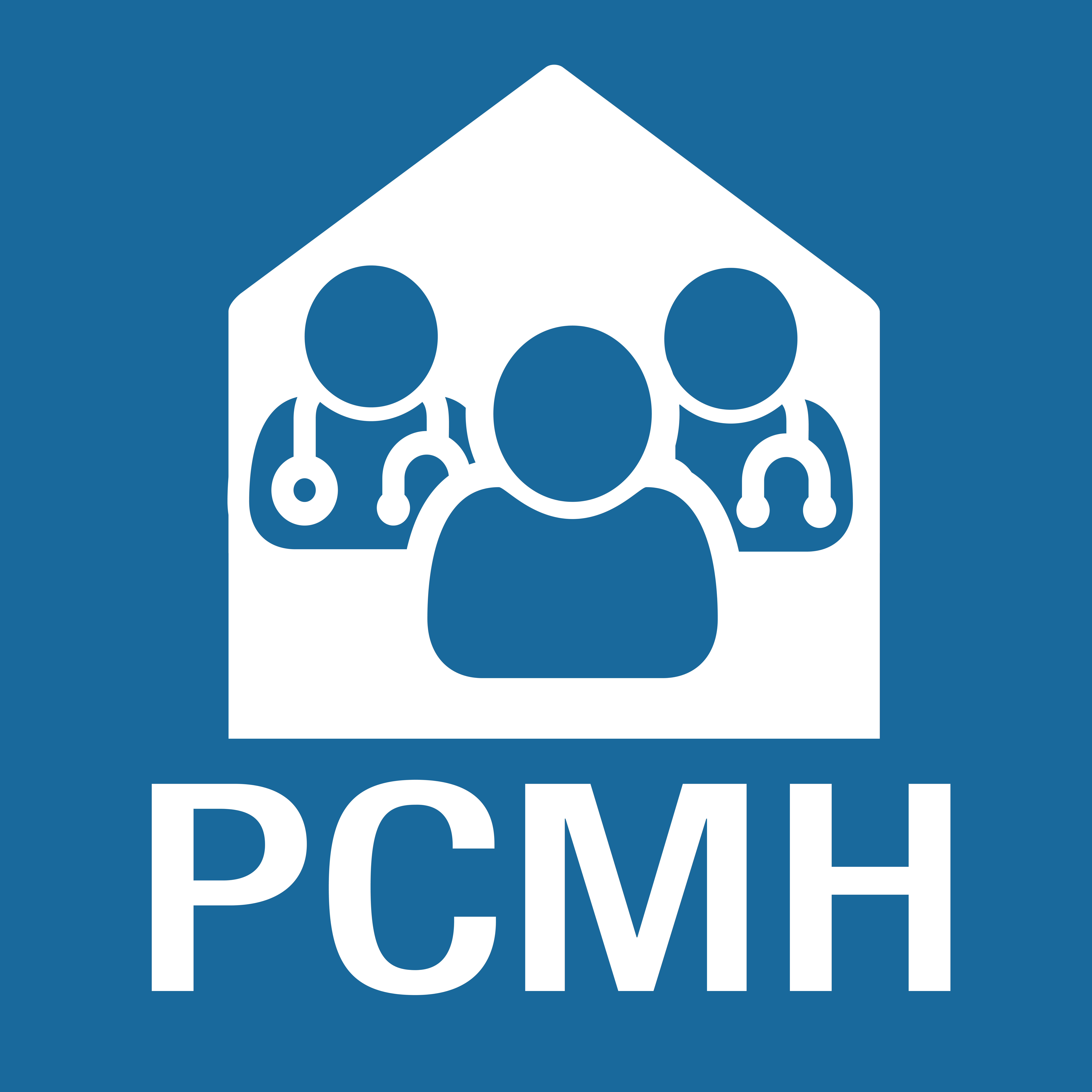


51 Nassau Street Charleston, SC 29403 Phone 843-722-4112
Quick Links
About Us
Contact Us
Locations
Donate
Privacy Policy
Terms of Use
Fetter Health Care provides a “Good Faith Estimate” for health care upon request to the uninsured and those choosing to not use insurance. To learn more, visit our Billing & Insurance page.
Fetter Health Care Network is a Health Center Program grantee under 42 U.S.C. 254b, and a deemed Public Health Service employee under 42 U.S.C. 233(g)-(n). This health center receives HHS funding and has federal Public Health Service (PHS) deemed status with respect to certain health-related claims, including medical malpractice claims, for itself and its covered individuals.

